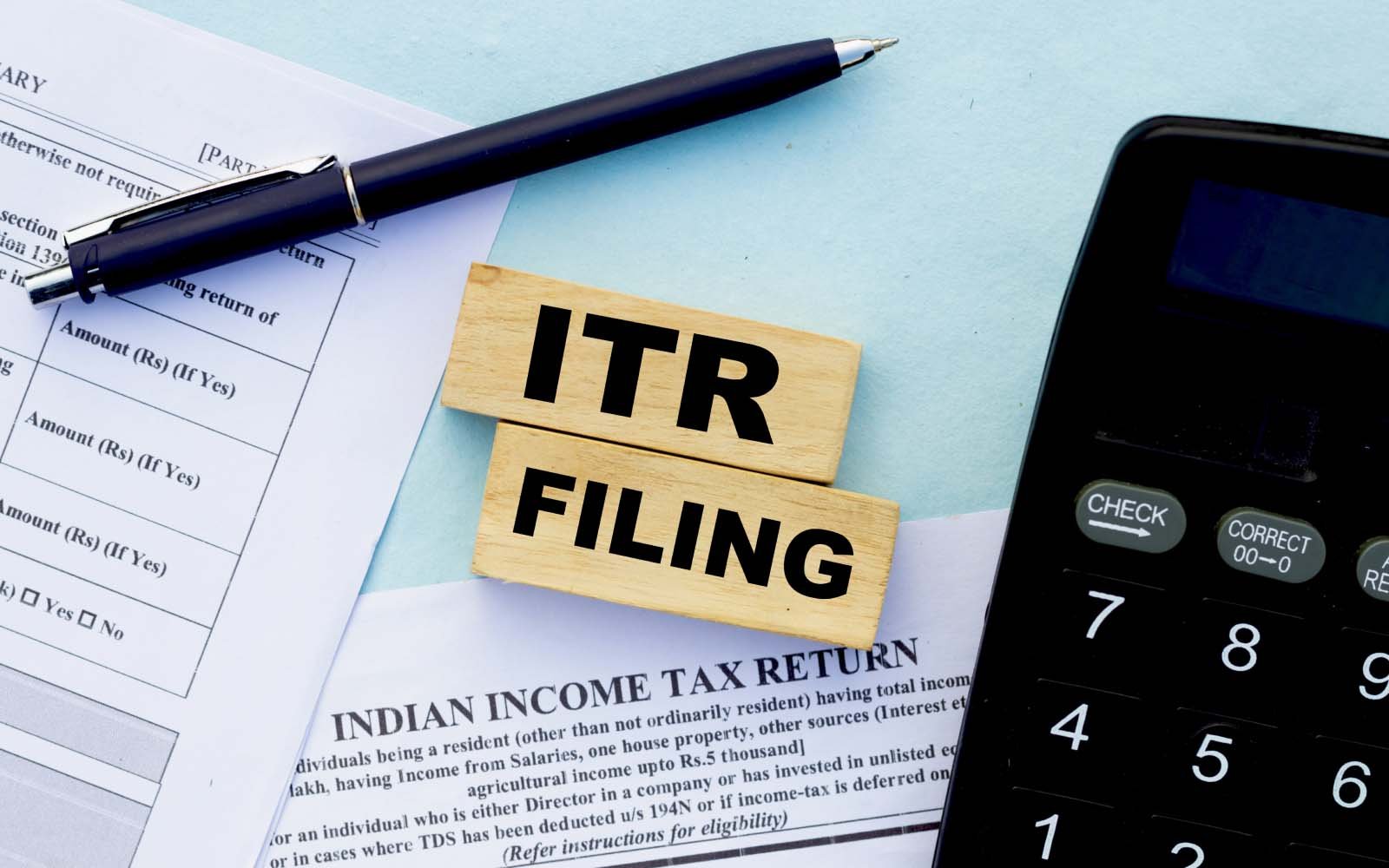A refrigerator is one of the most important appliances in any home. It keeps food fresh, beverages cool, and prevents perishable items from spoiling. However, when your refrigerator breaks down, it can quickly become a major inconvenience. Understanding how to handle common home refrigerator repair issues can save you time, money, and a lot of frustration. In this guide, we’ll dive into the most frequent refrigerator problems, how to fix them, and when it’s best to call a professional.
Common Refrigerator Problems
- Refrigerator Not Cooling Properly One of the most common issues homeowners face is a refrigerator that isn’t cooling properly. This can lead to food spoilage and unnecessary waste.Possible Causes:
- Dirty Condenser Coils: The condenser coils, usually located at the back or beneath the refrigerator, can accumulate dust and dirt, making it harder for the fridge to cool.
- Faulty Evaporator Fan: The evaporator fan circulates cool air throughout the fridge. If it’s not working, your fridge will not cool effectively.
- Thermostat Issues: A malfunctioning thermostat may prevent the fridge from maintaining the correct temperature.
DIY Fixes:
- Clean the Condenser Coils: Unplug the refrigerator and carefully clean the coils using a vacuum or coil brush.
- Check the Evaporator Fan: If the fan is noisy or not working, it may need replacement. You can consult your refrigerator’s manual for instructions on accessing the fan.
- Adjust or Replace the Thermostat: Make sure the thermostat is set to the correct temperature. If adjusting it doesn’t help, you might need to replace it.
- Water Leaking from Refrigerator Finding a puddle of water under your fridge can be alarming, but it’s often a minor issue.Possible Causes:
- Clogged Defrost Drain: The defrost drain can become clogged with food particles or debris, causing water to overflow.
- Broken Water Supply Line: If your fridge has a built-in water dispenser or ice maker, a broken or loose water supply line could be the culprit.
- Faulty Drain Pan: A damaged or cracked drain pan may lead to water leakage.
DIY Fixes:
- Clear the Defrost Drain: Unplug the refrigerator and use warm water to flush out any blockages in the drain.
- Inspect the Water Supply Line: Tighten any loose connections or replace the line if necessary.
- Replace the Drain Pan: If you notice a crack, it’s best to replace the drain pan to prevent further leaks.
- Strange Noises Coming from the Fridge Unusual noises, such as humming, buzzing, or rattling, can indicate an internal issue.Possible Causes:
- Malfunctioning Compressor: A loud buzzing sound might signal an issue with the compressor, the heart of your fridge’s cooling system.
- Loose Fan Blades: Rattling noises could indicate that the fan blades are loose or obstructed by debris.
- Vibration Due to Uneven Positioning: If your fridge isn’t level, it may vibrate or make noise.
DIY Fixes:
- Check the Compressor: If the noise persists, it may be time to call a professional to inspect the compressor.
- Tighten the Fan Blades: Access the evaporator or condenser fan and ensure the blades are secure.
- Level the Fridge: Use a level to check your refrigerator’s position and adjust the legs if necessary.
- Refrigerator Running Constantly If your fridge seems to be running all the time, it could indicate a deeper problem.Possible Causes:
- Dirty Coils: Dirty condenser coils force the refrigerator to work harder to maintain the set temperature.
- Worn Door Gasket: The door gasket (seal) might be damaged, letting cold air escape and warm air in.
- Thermostat Settings: The thermostat might be set too low, causing the fridge to overwork.
DIY Fixes:
- Clean the Coils: Regularly clean the condenser coils to improve efficiency.
- Replace the Door Gasket: If you notice cracks or tears, replace the gasket to ensure a tight seal.
- Adjust the Thermostat: Set the thermostat to the manufacturer’s recommended temperature to avoid overworking the fridge.
When to Call a Professional
While many refrigerator problems can be handled with a bit of DIY know-how, some issues require professional intervention. It’s important to recognize when it’s time to call in an expert for home refrigerator repair.
- Refrigerant Leaks Refrigerant is essential for cooling, and a leak can cause your fridge to stop working altogether. Handling refrigerant requires specialized tools and expertise, so it’s best to call a certified technician.
- Electrical Issues If you suspect an electrical problem, such as faulty wiring or a blown fuse, avoid attempting repairs yourself. Electrical work can be dangerous and should be left to a professional.
- Compressor Malfunctions The compressor is a critical component, and if it fails, your fridge won’t cool properly. Replacing or repairing a compressor is a complex task that should be handled by a skilled technician.
- Control Board Problems Modern refrigerators often come with sophisticated control boards that regulate various functions. If the control board malfunctions, it can affect the overall performance of your fridge. A professional can diagnose and fix the issue.
Tips for Maintaining Your Refrigerator
Preventative maintenance can go a long way in avoiding the need for home refrigerator repair. Here are a few tips to keep your fridge running smoothly:
- Clean the Coils Regularly: Clean the condenser coils every six months to prevent dust buildup.
- Check the Door Seals: Inspect the door gasket for cracks and ensure the door closes tightly.
- Defrost the Freezer: If you have a manual defrost fridge, defrost the freezer regularly to avoid ice buildup.
- Keep the Fridge Well-Stocked: A fully stocked fridge retains cold air better than an empty one, which helps maintain a stable temperature.
- Monitor the Temperature: Ensure your fridge is set between 37°F and 40°F and the freezer at 0°F for optimal performance.
Conclusion
Dealing with home refrigerator repair doesn’t have to be overwhelming. By identifying common problems and attempting some simple DIY fixes, you can often resolve issues without professional help. However, for more complicated repairs, don’t hesitate to call in a qualified technician to ensure your fridge is running efficiently and safely. Regular maintenance and prompt attention to minor issues will help you avoid major repairs and extend the life of your refrigerator.



